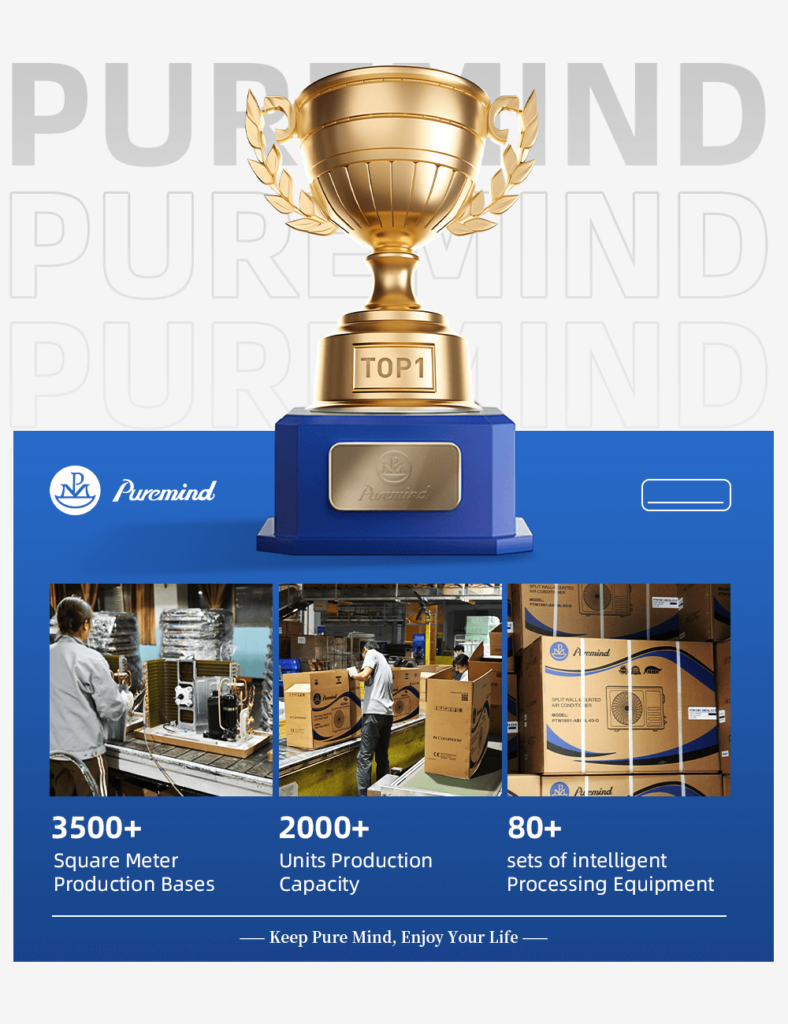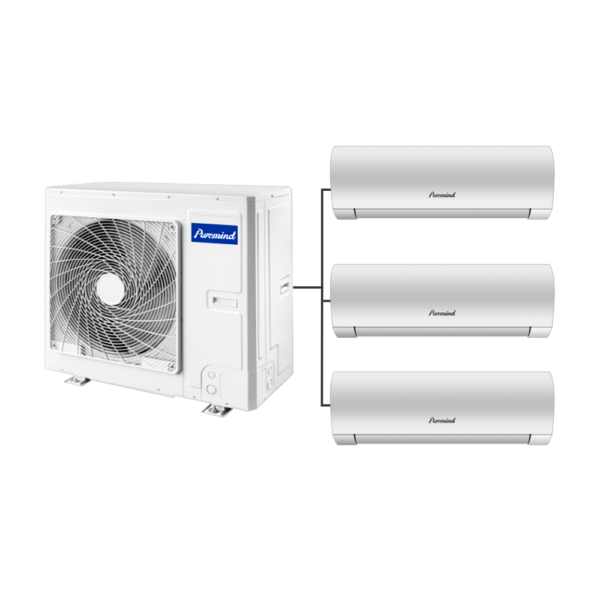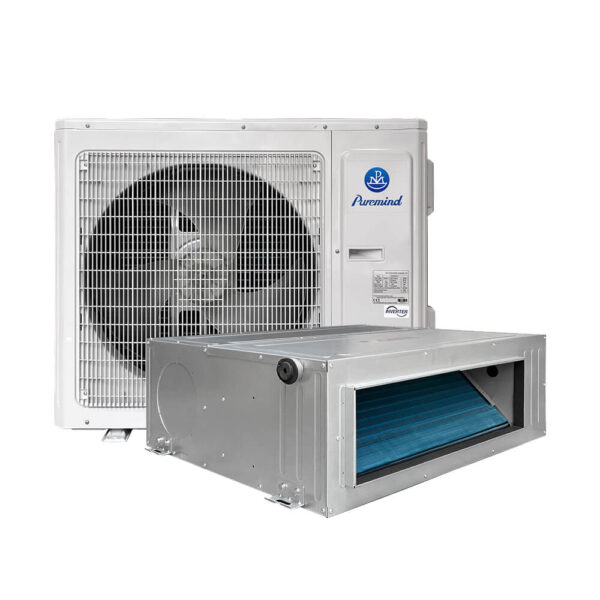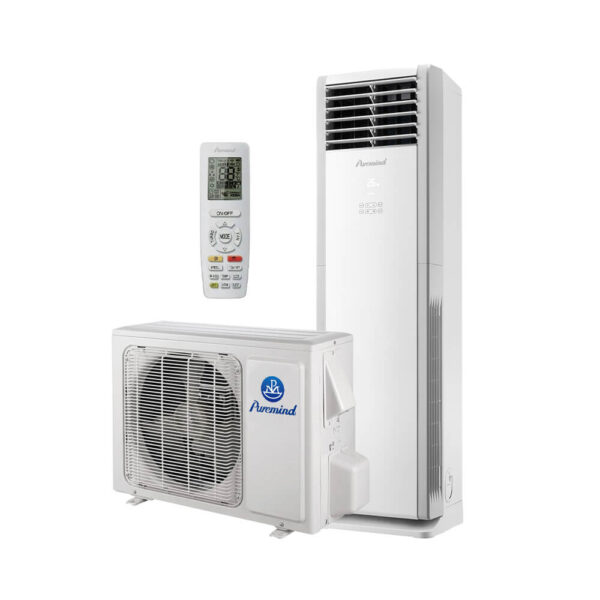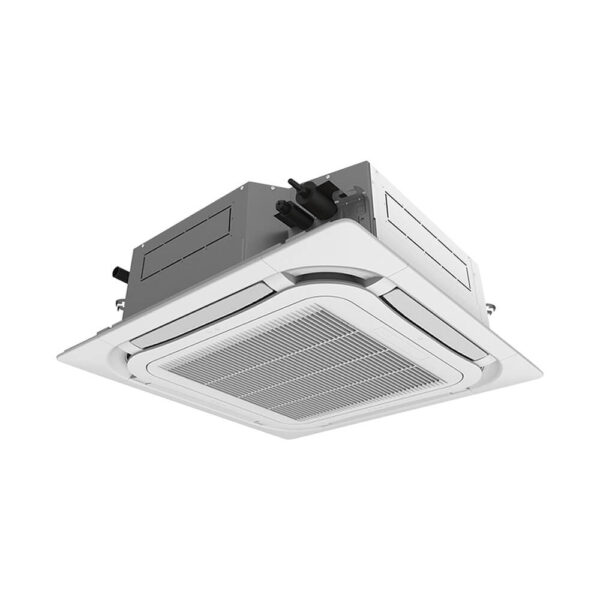How to Choose the Right HVAC Supplier: A Complete Guide for Wholesalers and Distributors
In today’s rapidly evolving HVAC industry, choosing the right HVAC supplier is a decisive factor for wholesalers, suppliers, and distributors seeking sustainable business growth. With the increasing demand for energy-efficient climate control solutions, the partnership you establish with your HVAC supplier directly affects your product quality, profit margins, and customer satisfaction. This comprehensive guide will help you navigate supplier selection, identify key criteria, and leverage supplier relationships for maximum advantage.
Understanding the Role of an HVAC Supplier
HVAC suppliers play a central role in the B2B supply chain by sourcing, stocking, and distributing a variety of heating, ventilation, and air conditioning products. They bridge manufacturers and distributors, ensuring a steady flow of inventory and technical support. A reliable supplier doesn’t just offer competitive pricing but also provides value-added services such as logistics management, technical training, and after-sales support.
Key Criteria for Selecting an HVAC Supplier
- Product Range & Quality: Assess if the supplier provides a wide range of certified, energy-efficient products, including the latest split air conditioner models.
- Industry Reputation: Research the supplier’s market standing, client reviews, and years of experience in the HVAC sector.
- Pricing & Payment Terms: Transparent and competitive pricing, flexible credit policies, and bulk purchase discounts can impact your business profitability.
- Supply Chain Reliability: Evaluate their inventory levels, order fulfillment speed, and delivery track record to avoid stockouts.
- Technical Support & Training: A leading HVAC supplier should provide comprehensive support, from product selection to troubleshooting and staff training.
- Compliance & Certification: Ensure all products comply with relevant industry standards and regulations (e.g., AHRI, CE, RoHS).
How the Right Supplier Drives Your Business Growth
Strategic supplier partnerships allow distributors and wholesalers to offer reliable, innovative solutions while minimizing risk. A top-tier HVAC supplier can give you early access to cutting-edge technology, exclusive deals, and priority stock during high-demand seasons. By working closely with your supplier, you can anticipate market trends, expand your product offering, and build a solid industry reputation.
Market Trends Impacting HVAC Supply Chains
- Energy Efficiency: Increasing demand for high SEER-rated and inverter-based air conditioning systems.
- Smart Technologies: Integration of IoT-enabled devices for remote control and diagnostics.
- Green Initiatives: Preference for environmentally friendly refrigerants and recyclable components.
- Globalization: Supply chain diversification to mitigate risks from regional disruptions.
Red Flags When Evaluating HVAC Suppliers
- Poor product documentation or lack of transparent certifications
- Unclear warranty and return policies
- Inconsistent communication and customer service
- Negative customer feedback or legal disputes
Checklist: How to Vet Your HVAC Supplier
- Request and verify product certifications and test reports.
- Visit the supplier’s warehouse or request a virtual tour.
- Ask for references and contact existing clients.
- Evaluate responsiveness to technical queries and sample requests.
- Negotiate clear terms for logistics, after-sales support, and returns.
Leveraging Digital Tools for Supplier Evaluation
Use platforms like LinkedIn, industry forums, and B2B review sites to gather intelligence about potential HVAC suppliers. Many leading suppliers provide online catalogs, live chat, and technical resources that streamline product selection and ordering.
Case Study: Partnering with a Leading Split Air Conditioner Supplier
Consider a scenario where a distributor chooses a supplier specializing in split air conditioners. By leveraging the supplier’s in-depth technical expertise, fast logistics, and marketing support, the distributor not only reduced lead times but also grew their client base by offering premium, energy-efficient models.
Conclusion: Building Lasting Value with the Right HVAC Supplier
The process of selecting an HVAC supplier should be data-driven, systematic, and aligned with your business goals. By focusing on product quality, supply chain reliability, and service excellence, wholesalers and distributors can secure long-term competitive advantages. Invest time in supplier vetting and foster open communication to turn your supplier relationships into a strategic business asset.
Frequently Asked Questions
- What certifications should a reputable HVAC supplier have?
Look for AHRI, CE, RoHS, and other regional or product-specific certifications. - How can I assess a supplier’s delivery reliability?
Review their historical on-time delivery rates and inventory management systems. - What support should I expect beyond the sale?
Leading suppliers offer technical training, marketing materials, and warranty support.
